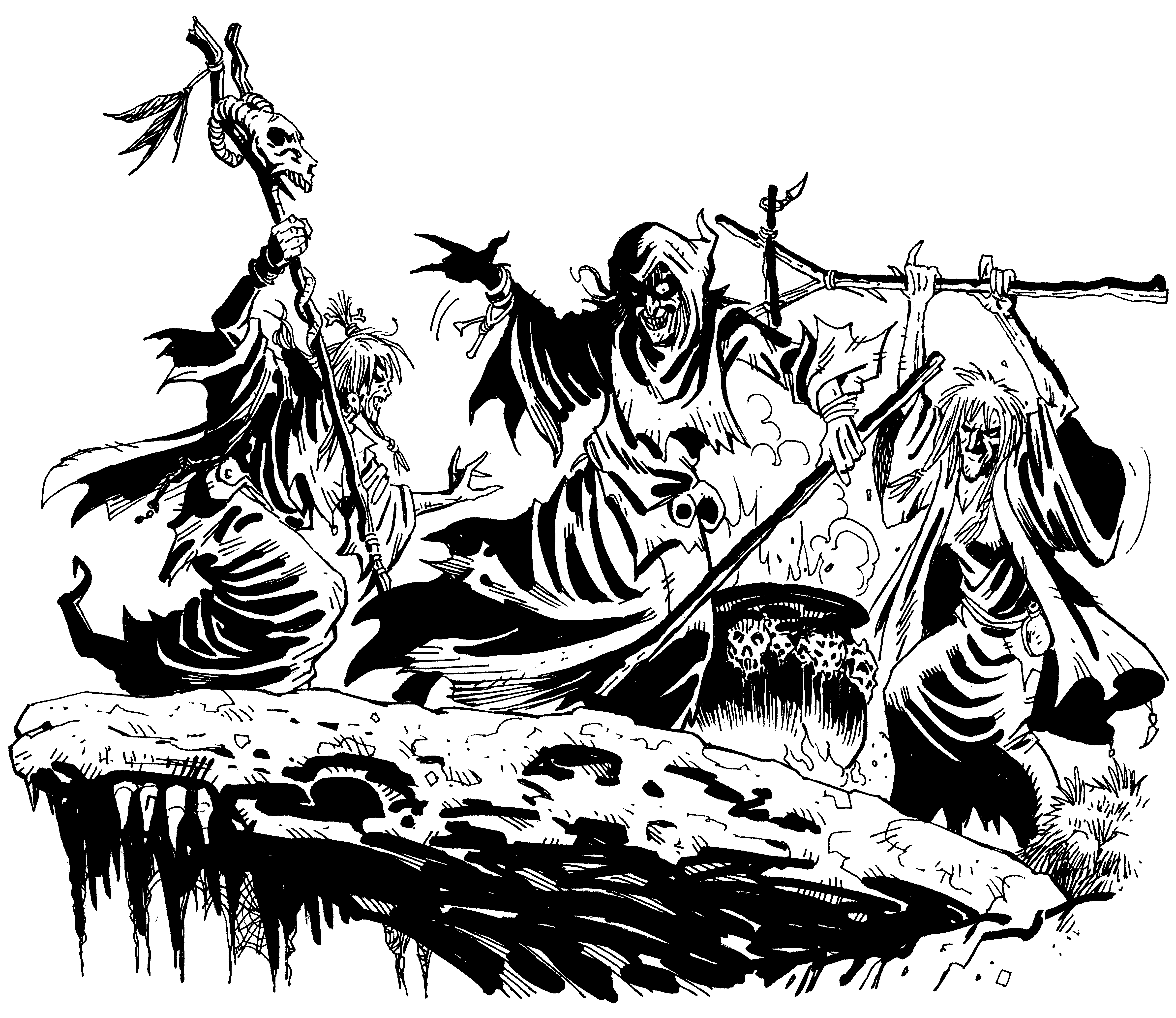Macbeth is steeped in superstition; so much so that actors consider it the height of bad luck to even utter the name, unless they are rehearsing it at the time. Often, people will make references to “The Bard’s Play” or “The Scottish Play” simply to avoid saying the “M”-word. If someone accidentally says the name, it's believed that the curse can only be lifted by performing a ritual, such as spinning around three times, spitting, or saying an incantation, to purify the space. This tradition has endured for centuries and is still followed in many theatre circles today.
The superstition of avoiding the word "Macbeth" has persisted for so long that specific instances of bad luck after someone says the play's name are often anecdotal folklore rather than well-documented events.
However, there are a number of theories about the origins of the “curse” of Macbeth:
- It is thought that the witches’ incantations are taken from real rituals and are believed to cast actual spells on the players.

- Legend has it that in 1606, Hal Berridge, the boy playing Lady Macbeth (remember that all the parts, male and female, were played by males at the time) died backstage.
- Another gruesome legend reports how in 1672 an actor playing the part of Macbeth substituted a real dagger for the blunt stage one, and actually killed the actor playing King Duncan in full view of the audience.
In each of these instances, those who believe in the curse often highlight the string of misfortunes that have followed its name being uttered. While many of these events could simply be coincidences, the continued belief in the curse keeps the superstition alive. It's also worth noting that accidents and misfortunes happen in theatre all the time, but the Macbeth superstition helps fuel the association between the name and bad luck.
The more rational explanations are easier to accept:
- The majority of the play takes place in darkly lit scenes, and this tended to lead to a lot of accidents backstage.
- Yet another theory is that because Macbeth is a short play, and is so well known, that theatre groups would perform the play when they were in some financial trouble. Of course, a single play is rarely enough to save an ailing company, and therefore the performance of Macbeth became associated with failure, misery, and being out of work.

Whether any of those reasons are true or not is open to much speculation but why does the superstition continue?
Here are a few explanations as to why the Macbeth superstition can’t be left in the past:
- Sometimes, when something bad happens, we remember it more than we remember when good things happen. If something goes wrong during a Macbeth play, people might think it’s because the play is cursed. But it could just be that they remember those bad things more because they seem strange or scary.
- If lots of actors and theatre workers believe that saying the name "Macbeth" brings bad luck, those around them may start believing it too. It may be as simple as that. If you’re told that Macbeth is cursed, it is easy to for the next generation to believe.
- People often do rituals or stick to routines when they feel nervous or want something to go well. Saying the name "Macbeth" might make actors nervous, so they avoid it. By following this tradition, they think they’re keeping bad luck away.
-
Macbeth is about witches and dark magic, and in the past, people believed that witches could bring bad luck. So back when the play was written, people might have thought it was cursed just because of its subject matter.

- Sometimes, believing in something can make it feel real, even if it isn’t. If believers think Macbeth will bring bad luck and they start seeing bad things happen this might make them believe even more that the superstition is true.
So, it could be the superstition continues because of a mix of people remembering bad things, following traditions, feeling safer with rituals, and believing in something so much that it feels like it’s real!
Macbeth: The Graphic Novel
Character Designs & Original Artwork: Jon Haward,
Colouring & Lettering: Nigel Dobbyn.
Inking Assistant: Gary Erskine.
You can download free sample pages from our Original Text Macbeth here.

